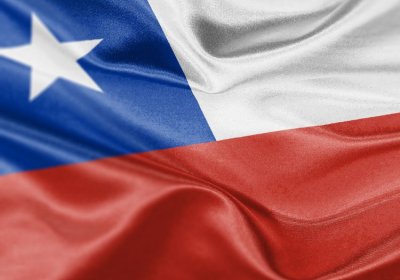Chile witnessed a significant triumph for the far right in its constitutional elections on May 7, which has never been seen before in its contemporary political history, reports Hugo Guzmán.
Santiago
After three weeks of protest and social upheaval, people are still taking to the streets in Chile in overwhelming numbers, calling for social justice and demanding dignity.
I have spent a week in Santiago, witnessing first-hand the police use of force and repression.
An armoured vehicle with a water-cannon chased protestors down my hotel’s small street at least twice and multiple tear gas attacks occurred outside my hotel window on several days.
I went to Chile because the United Nation's Climate Conference was to be hosted in Santiago. Now, I am an observer of the widespread protests which are calling for President Sebastian Pinera to resign, a new constitution and to address the widespread inequality.
Australian environmentalist John Englart is in Chile due to the United Nations climate conference being originally hosted in Santiago. He now finds himself an observer of the widespread social protest movement calling for the President Sebastian Pinera’s resignation, a new constitution and progress to addressing social inequality.




